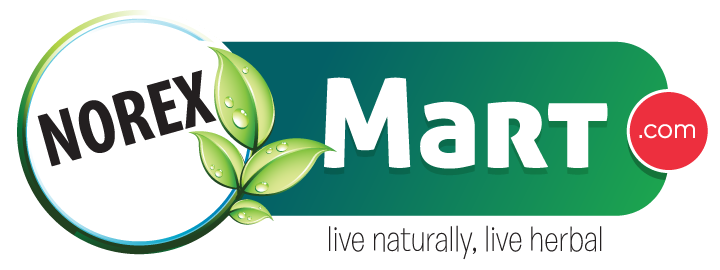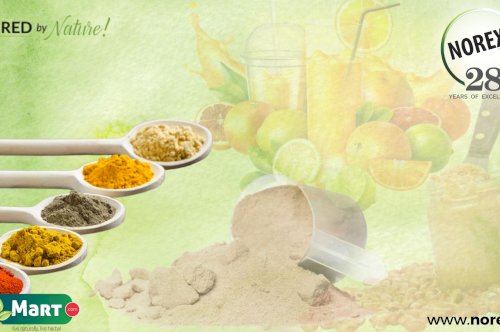Hand Made soaps – A new DIY business for homemakers

India is known as a country that has been promulgating and using natural ingredients for many centuries now. There was a period during the industrial revolution where India swerved more towards the synthetic and machine-made products. However, with increased awareness and more knowledge about the understanding of natural products, the preferences have tilted as consumers look to lead a healthy, natural and sustainable life. One such category which has an immense business opportunity and potential is the handmade soap Indian market which is quite an unorganised sector and can be tapped in by budding entrepreneurs and homemakers alike.
Handmade soap benefits
There are many handmade soap benefits which appeal to the customers. Handmade soaps at home are organic and are made from natural ingredients devoid of any chemicals and harmful synthetic components. This makes them safer as compared to their machine-made counterparts. They are sustainable and environmentally friendly. They have healing properties and help in beautifying the skin. You can customise and personalise handmade soaps based on the customers’ requirements. For instance, you can manufacture a turmeric soap for its skin glowing properties or an Aloe Vera soaps that are best for the skin
Good time to venture into the handmade soap industry in India
The homemade soaps can be categorised into a niche market. Over the years, the beauty and personal care industry have grown three folds. Consumers are much more aware of the products and ingredients used in making them. This has resulted in consumers shifting from factory-made soaps and detergents to hand made soaps as they possess many benefits as compared to the factory-made one. The soap making industry is unorganised and gaining traction at a rapid pace. This is the right time for homemakers looking to break into the market as there is a demand-supply imbalance. You can initially start a DIY handmade soap making process in your kitchen and create a niche of your own in the market. You can gradually upscale the production and become a full-scale homemade soap manufacturer.
Develop a flexible business plan
Before venturing into any business or industry, you should develop a business plan. Business plan includes nature of your business, needs and demands you plan to fulfil, market analysis, operational procedures, an overview of your products, competitive analysis, marketing and Sales. Ensuring a solid business plan provides a smooth and quick transition from initial starting stages to later consolidated growing stages. A business plan is like a GPS which entails all the essential elements and directions required to run a business.
Learn and Master the technique of Soapmaking
It is absolutely peremptory for business owners to have basic knowledge of different soap making techniques like melt and pour method, rebatching process, the hot process method and the cold process technique. Understanding and learning these techniques will allow the owners to list the pros and cons of the different methods and use them on feasibility basis. There are many books and handmade soap videos on YouTube you can read and see to understand the process. However, it is preferable if you attend introductory workshops which are offered by organisations like NSIC, enrol into Swadeshi soap making training program or learn personally from a seasoned manufacturer to develop a deeper understanding.
Procure the equipment’s
Soap making requires a range of products based on the technique used. But irrespective of the technique there are some basic equipment’s which are necessary for the process. These include equipment’s like weighing scale, mixers, blenders, rubber gloves, safety goggles, beakers, measuring cups, stainless steel pitchers, moulds of different shapes, whisks, stick blends, spatula and a thermometer. Additionally, if possible, it is recommended to have a dedicated or a separate space for the manufacturing process.
Streamline the process
Once you procure the equipment’s, streamline the process of making the soap. List the dealers and suppliers who provide raw materials and develop a good relationship with them. Raw materials include lye, essential oils, fragrances, glycerine, water, pigments and so on depending upon the type of soap to be manufactured. You need to get a lot of things in place in order if you plan to commercialise the business. You need to have an FDA approval, follow the cosmetic regulations and pass the quality check in place. You need to have a trade license which allows you to carry trade on your premises. Organic certification is necessary if you are manufacturing organic soaps. Shop license if you plan to dedicate a separate place for manufacturing and selling handmade soaps. Other than that, make sure you have legal permits and registrations such as GST registrations and business entity registrations. In addition, you need to trademark your product in order to avoid counterfeiting issues.
Understand your target audience and create a niche for your Brand
Once the equipment’s and technique are in place, you can move onto designing of the products in such a way that the product creates its own niche in the market. Know your target audience and design different soap categories accordingly. For instance, if your target audience is health-conscious manufacture turmeric or an Aloe vera soap that caters to the health needs. If the customers prefer fragrance and aroma more, blend scents and create a unique fragrance which differs from what the competitive soap companies offer. In short, you need to create a unique selling proposition for your soap. Diversify and don’t focus on a single product. Branding is the backbone of your business. Don’t make a product; create a soap brand. Price your soap according to the target audience. Have different ranges so as to cover the entire market spectrum. A handmade soap price can vary anywhere between Rs 100 to 300 depending upon the soap category, luxury or normal. But always remember, to develop a profitable, sustainable business never compete on price alone.
Market your business and products
Marketing your products is located at the higher end of the business funnel and is as essential as the rest of the processes combined. Go local initially, look for distributors, hospitality chains, beauty parlours and sellers who might be interested in hand made soaps and try selling through them. Showcase or exhibit your products at local bazaars and exhibitions or hire a retail space in a mall with high footfalls to increase awareness. Package your products in such that they are visually appealing to the customers. Remember to highlight and accentuate your USP while selling. Gradually make use of the digital medium like Facebook, Instagram, Whatsapp to reach out to a broader audience and spread the word.
Always have an end game in mind before starting your soap making company. Think about where you want your business to take you and make decisions accordingly, that meet your needs. Dive into your fears, conquer them and be crystal clear in your thought process before starting. Taking all this into consideration, take the plunge and let your budding inner entrepreneur grow.




